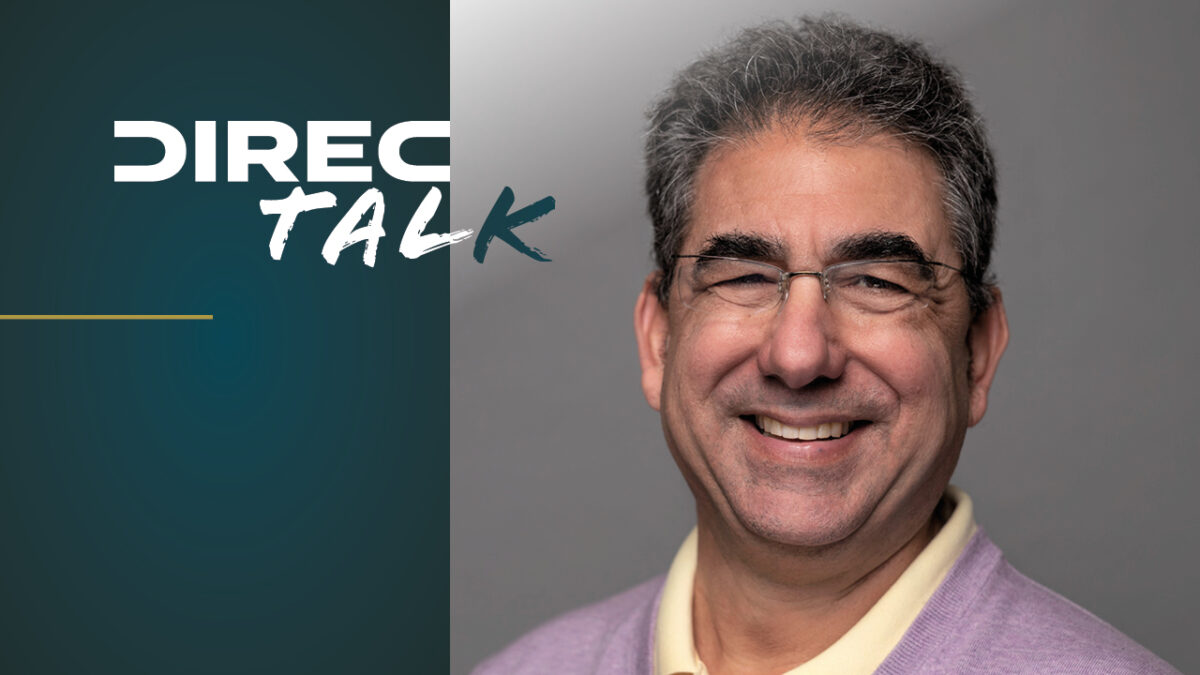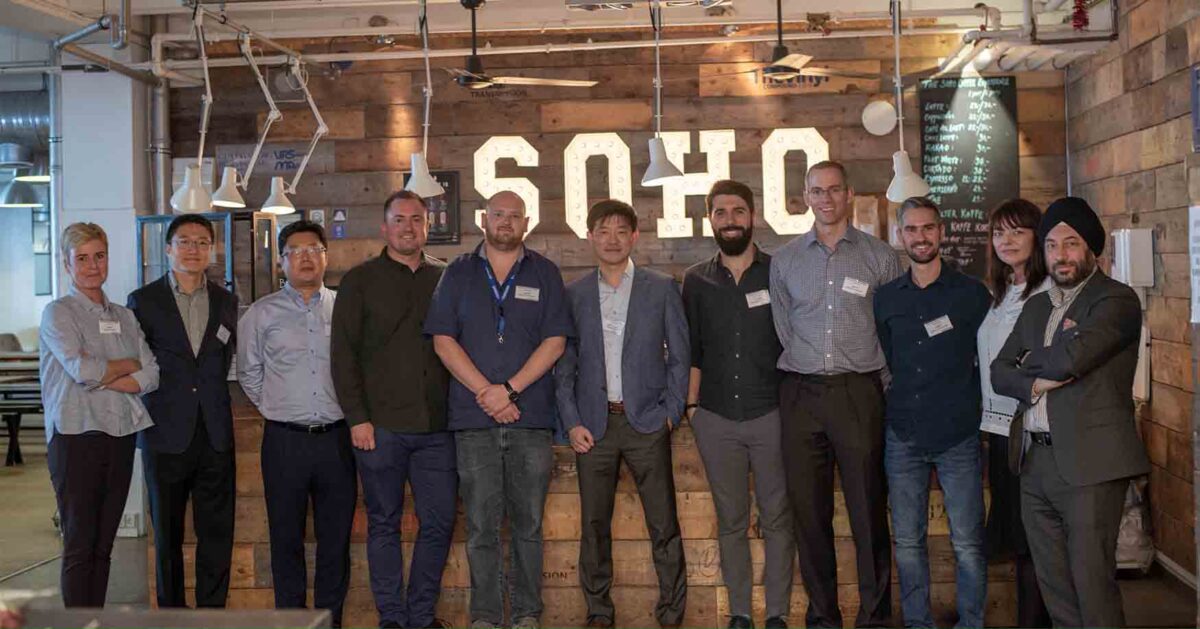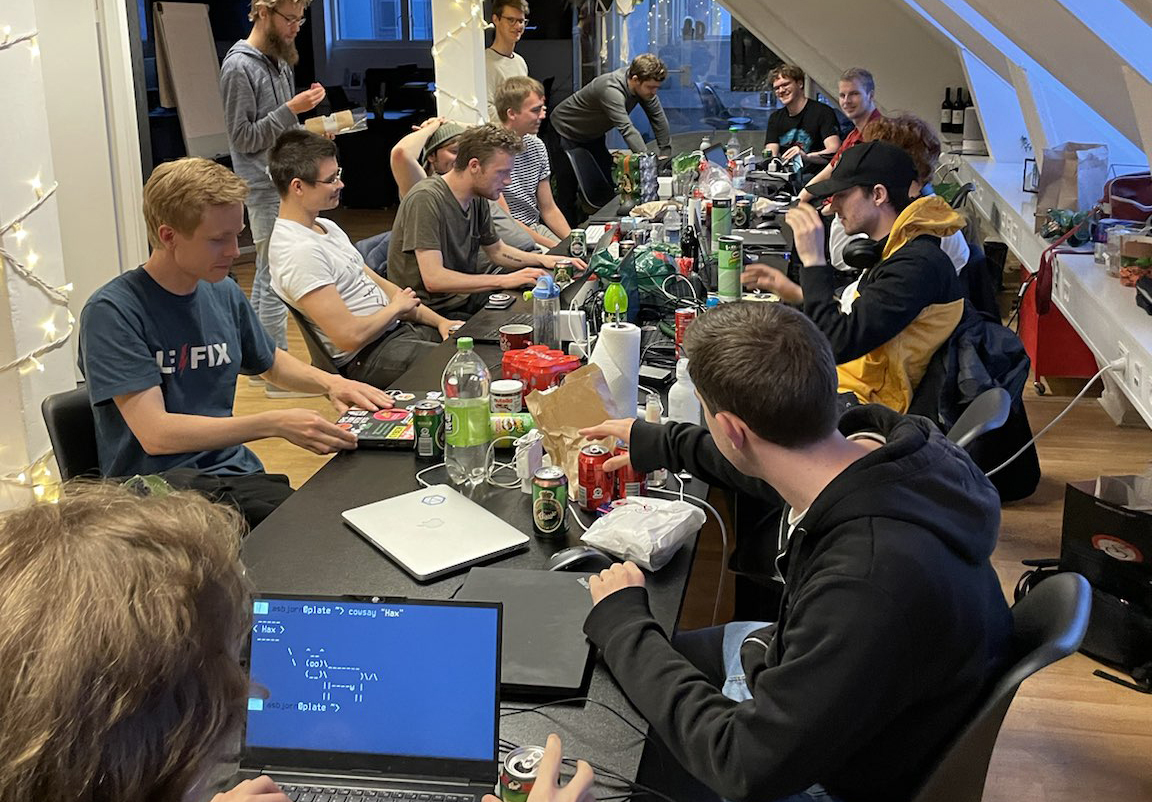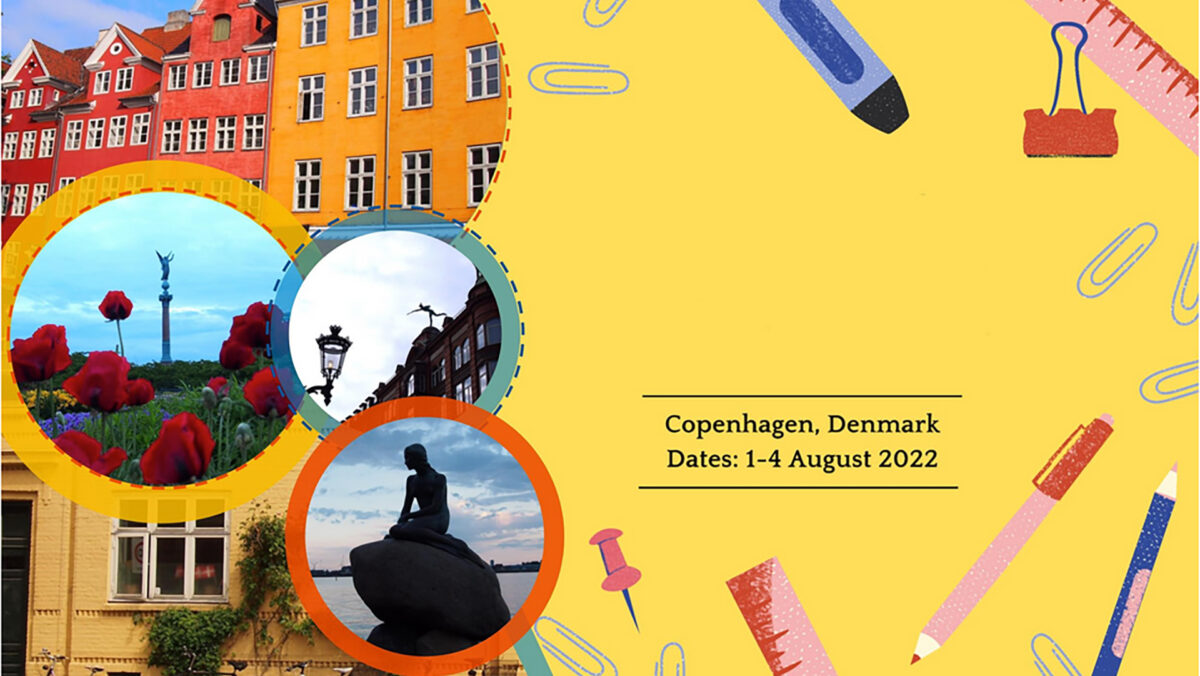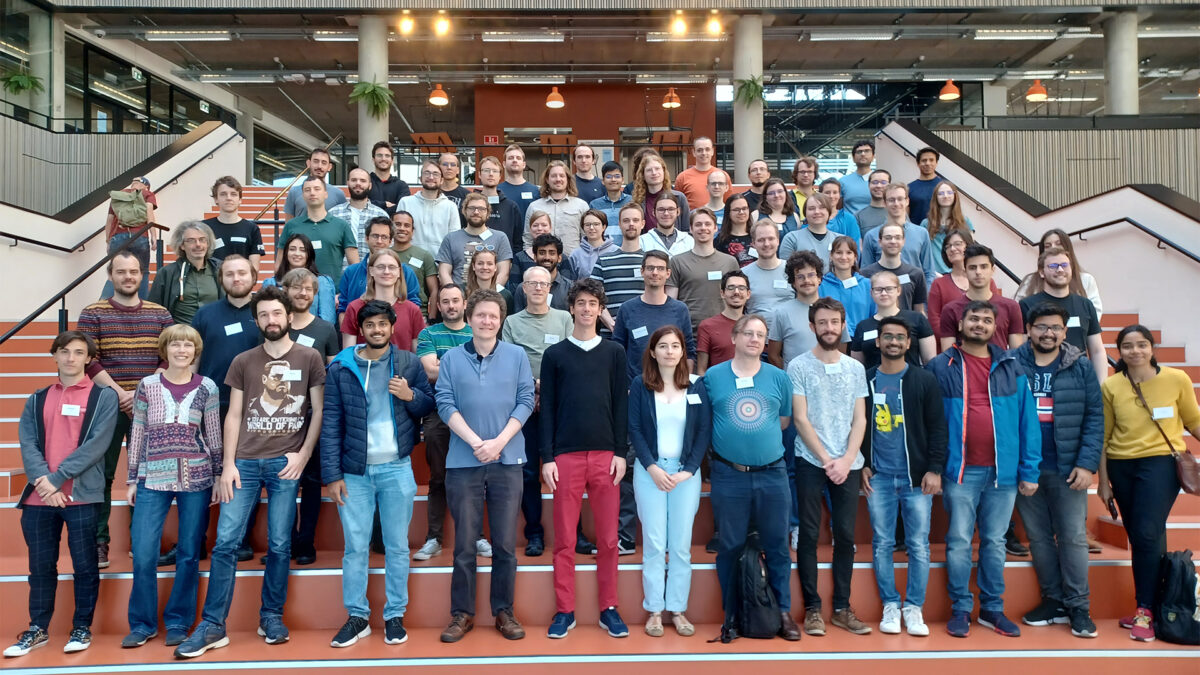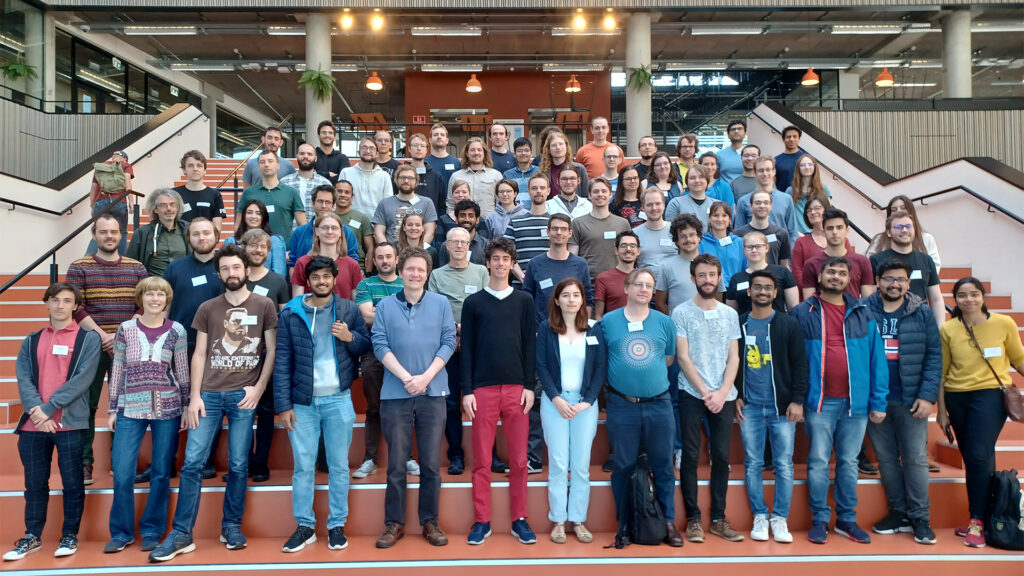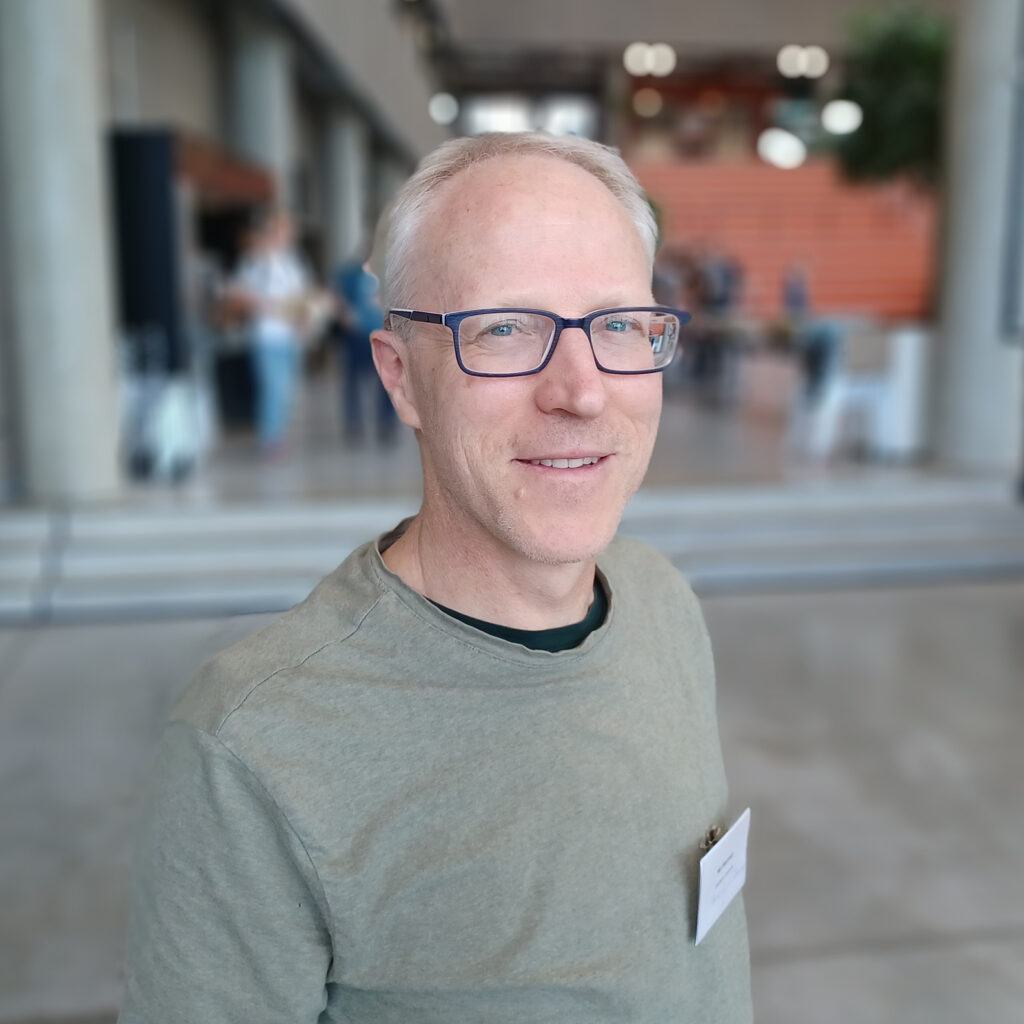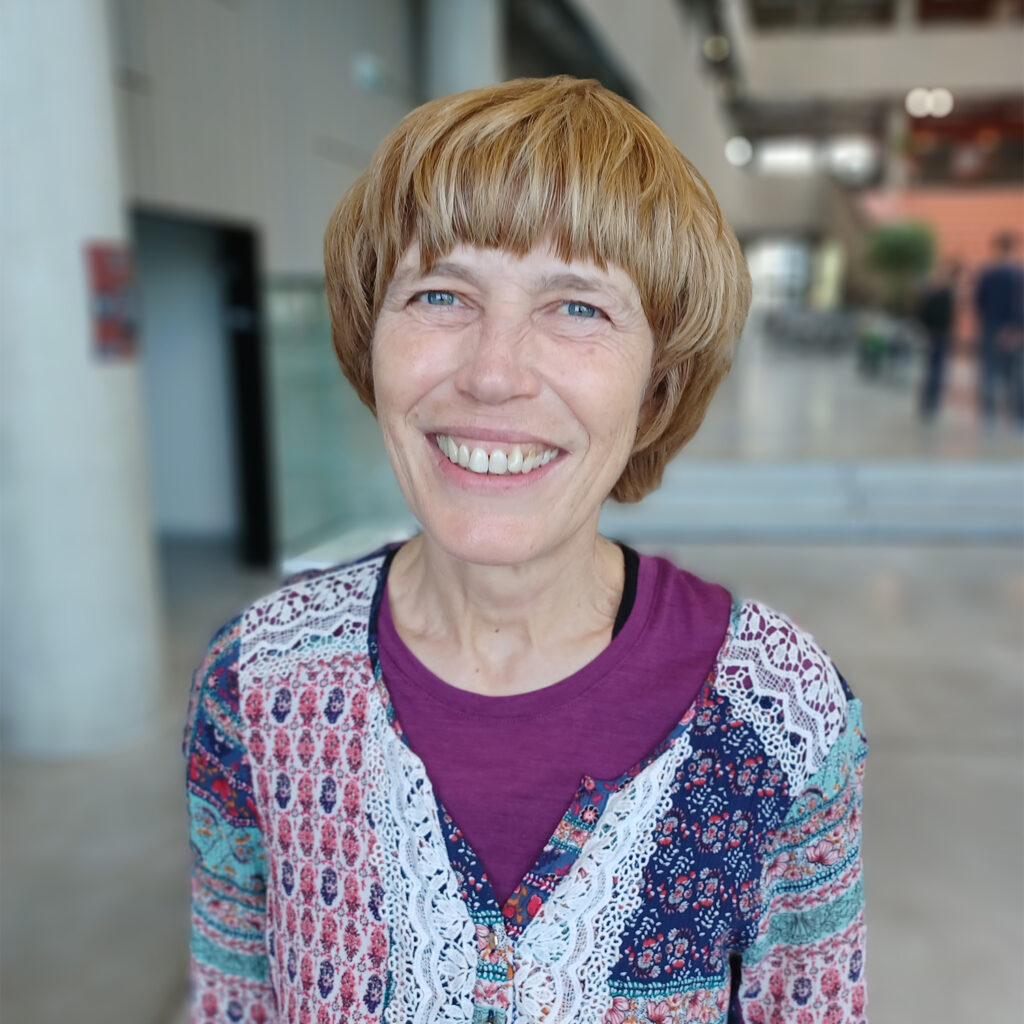Den Odense-baserede robotproducent Universal Robots har, siden de startede i 2008, solgt mere end 50.000 af deres samarbejdende robotarme, kaldet cobots. De har dermed skabt en hel industri for cobots, som giver virksomheder mulighed for at automatisere processer i produktionen, når der skrues, svejses, limes eller lignende.
En arbejdsstation, der styres af en robotarm, genererer et hav af data, som man kan bruge til at optimere processer eller til at forudsige slid på maskinen. Et samarbejde med Syddansk Universitet skal hjælpe Universal Robots med at udvikle it-værktøjer, der kan behandle de data, der er på robotten, og dermed udvide data med værdiskabende information for deres kunder.
“Der er rigtig mange data, så det er vigtigt at få gjort data tilgængelige på en brugbar og anvendelig måde for vores kunder. Det kræver, at du ved, hvad du har af muligheder, at det er nemt at anvende, og vigtigst af alt at det i sidste ende hjælper dig til bedre at løse de opgaver og udfordringer, der er vigtige for din virksomheds processer. Derfor er det vigtigt, at den information, der kommer ud, er af en sådan kvalitet, at man kan tage handling på den og dermed ændre sin adfærd,“ siger Morten Boris Højgaard, Innovation Lab Manager hos Universal Robots.
Kan optimere driften
De data, der bliver opsamlet, udgør et stort potentiale, som kan optimere den stabile drift af robotterne. Data kan nemlig give vigtig feedback på, om du bruger robotten forkert, og om der er risiko for, at robotten ikke kan udføre opgaven.
Det kan give anledning til nogle adfærdsændringer, så du som virksomhed lærer noget om din robot og i sidste ende også får mere ud af din robot. Det kræver bare, at der bliver lavet nogle gode løsninger, der er nemt tilgængelige og anvendelige for slutbrugeren.
“Det er et stort område, og der ligger noget forskning og udvikling i at komme frem til de gode værktøjer, som kan det her. SDU kan give os adgang til den nyeste viden, og de er eksperter i at designe de softwareløsninger. Omvendt kan vi bringe noget kontekst fra markedet,” forklarer Morten Boris Højgaard.
Skal afvikles tæt på robotten
Fra SDUs side er professor Mikkel Baun Kjærgaard særligt interesseret i at udvikle AI-systemer, som kan være med til at forudsige, hvordan man optimerer programmeringen af robotterne. Systemet skal designes, så det kan afvikles tæt på robotten, da robotterne som standard af sikkerhedsmæssige årsager ikke er koblet op på skyen. Det er afgørende for, hvordan man kan afvikle algoritmerne.
“Mere specifikt vil vi godt arbejde med, hvordan vi kan udnytte kunstig intelligens til at processere de her data, så vi kan lave forudsigelser og vedligehold. Vi skal samtidig kunne afvikle det tæt på udstyret, da der kan være nogle begrænsninger i forhold til datasikkerhed, der gør, at man ikke kan sende data op i skyen. Det kræver nogle andre softwareteknologier kontra den normale model, hvor man sender det op i skyen,” forklarer professor Mikkel Baun Kjærgaard fra Mærsk Mc-Kinney Møller Instituttet, Syddansk Universitet.
Samarbejde kan give forspring
Samarbejdet mellem Universal Robots og Syddansk Universitet er det første “Bridge-projekt”, som foregår i regi af DIREC, der er et nyt partnerskab mellem syv universiteter og Alexandra Instituttet. Det er støttet af Innovationsfonden og har til formål at udbygge kapaciteten inden for forskning og uddannelse i digitale teknologier i Danmark.
Dette første projekt er et godt eksempel på, at universiteter og virksomheder har forskellige former for ekspertise, som de kan drage fælles nytte af, lyder det fra Thomas Riisgaard Hansen, der er managing director for DIREC.
“Du kan godt have en hypotese om, at en algoritme kan udføre en bestemt opgave, men reelt set ved du det ikke som virksomhed. Men det er der sikkert nogle forskere, som har arbejdet med. På den måde kan du få et enormt forspring som virksomhed, fordi du ikke skal lave alle eksperimenterne selv. Omvendt har man som forsker også behov for at få kendskab til, hvad det egentlig er for nogle problemstillinger, som man har i samfundet. Det giver en naturlig prioritering af, hvad der er interessant at arbejde med, ” forklarer han.
Fakta om Bridge-projektet:
Projektet er det første “Bridge-projekt”, der foregår i regi af DIREC, der er et nyt partnerskab mellem syv universiteter og Alexandra Instituttet, som skal udbygge kapaciteten inden for forskning og uddannelse i digitale teknologier.
I projektet arbejder man med forskellige cases og på tværs af universiteterne i forhold til udvikling af teknologier. Ud over samarbejdet mellem Syddansk Universitet og Universal Robots, så arbejder IT-Universitetet i København på cases med Novo Nordisk og Energinet. DTU arbejder på en case med virksomheden Octavic.
I projektet kigger man på alt det udstyr, som hjælper os med at holde vores energi- og industriproduktion i gang. Man vil gerne have, at det kører så stabilt som muligt. Her vil man gerne udnytte de data, som man indsamler, til at foretage bedre vedligehold af udstyret, der bygger på forudsigelser, således at det kører mere stabilt.
Fakta om Universal Robots (UR)
Universal Robots har som mål at forbedre arbejdsformer gennem sin førende robot-platform. Siden introduktionen af den første kollaborative robot, også kendt under betegnelsen cobot, i 2008, har Universal Robots udviklet en bred portefølje med modellerne UR3e, UR5e, UR10e og UR16e med varierende rækkevidde og løfteevne. Hver model er understøttet med et bredt udvalg af tilbehør og software i UR+økosystemet. Dermed kan UR cobots anvendes i en bred vifte af industrier og på fleksibel vis tilpasses forskellige opgaver. Universal Robots, som er ejet af amerikanske Teradyne inc. har hovedsæde i Odense og kontorer i en lang række lande inklusiv USA, Tyskland, Frankrig, og Indien. Universal Robots har solgt over 50.000 cobots globalt. Læs mere på www.universal-robots.com
Yderligere info:
Morten Boris Højgaard, Innovation Lab Manager hos Universal Robots, +45 51 77 73 54, mbho@universal-robots.com
Mikkel Baun Kjærgaard, professor ved Mærsk Mc-Kinney Møller Instituttet, Syddansk Universitet, +45 21 97 24 47, mbkj@mmmi.sdu.dk
Thomas Riisgaard Hansen, managing director for DIREC, +45 29 40 33 97, thomas.r.hansen@direc.dk






